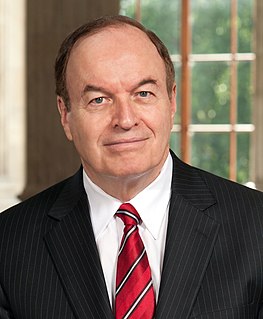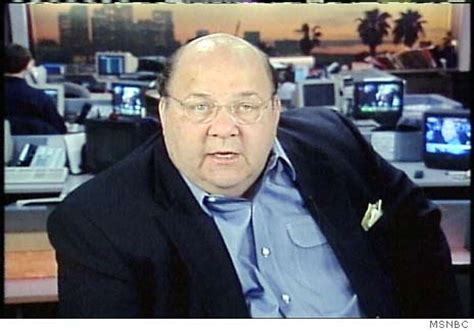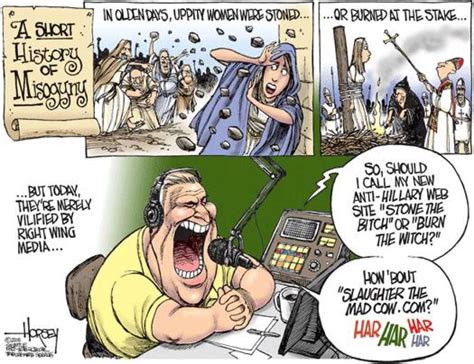A Quote by Lyndon B. Johnson
This administration here and now declares unconditional war on poverty.
Quote Topics
Related Quotes
Unconditional war can no longer lead to unconditional victory. It can no longer serve to settle disputes. It can no longer concern the Great Powers alone. For a nuclear disaster, spread by wind and water and fear, could well engulf the great and the small, the rich and the poor, the committed and the uncommitted alike. Mankind must put an end to war--or war will put an end to mankind.
Poverty should be one of the top concerns for any elected leader. It has a negative effect on almost everything we as society entrust our government to do, but it seems that those in the Republican Party find it is more politically viable to fight a war on the people in poverty than it is to fight a war to end poverty in this country.
One of the favorite conservative themes is that the cure for poverty is more marriage and earlier marriage. We hear that all the time; there have been billions of dollars now, between the Bush administration and the Obama administration, which has continued the marriage education program, on trying to get more people to get married.
In the Obama administration's Washington, government officials are increasingly afraid to talk to the press. The administration's war on leaks and other efforts to control information are the most aggressive I've seen since the Nixon administration, when I was one of the editors involved in The Washington Post's investigation of Watergate.
We're looking at the singular condition of poverty. All the other individual problems spring from that condition... doesn't matter if it's death, aid, trade, AIDS, famine, instability, governance, corruption or war. All of that is poverty. Our problem is that everybody tries to heal each of the individual aspects of poverty, not poverty itself.































